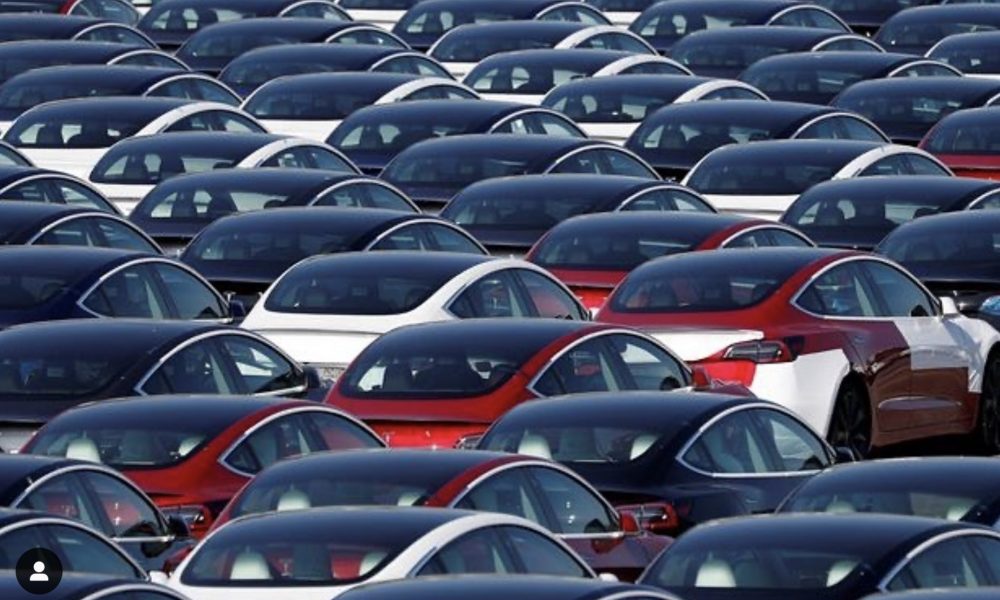The Impact of Trump’s Tariffs on Detroit Automakers
President Donald Trump’s decision to impose 25% tariffs on imports from Canada and Mexico is causing concern for Detroit’s automakers. Analysts at Barclays have warned that Ford, GM, and Stellantis could face a significant profit hit as a result of these tariffs.
According to a Fortune report, a quarter of the cars sold in the United States are manufactured in Canada or Mexico. For GM and Stellantis, over a third of their vehicles sold in the U.S. are produced in these countries. The analysts at Barclays estimate that Trump’s tariffs could add at least $3,000 to the cost of each vehicle, potentially wiping out all profits for the Detroit automakers.
Auto executives, including Ford CEO Jim Farley, have expressed concerns about the impact of these tariffs. Farley stated that if the tariffs are implemented, it could cost the U.S. auto industry billions of dollars in profit losses and force companies to make significant strategic changes.
Tesla’s Position Amidst Tariff Threats
While Detroit automakers are bracing for the impact of Trump’s tariffs, Tesla appears to be in a more secure position. The electric vehicle manufacturer produces its vehicles in the United States, with minimal reliance on Mexican parts. Elon Musk has also announced the pause of Tesla’s planned Gigafactory in Mexico.
Tesla’s vehicles, such as the Model Y and Model 3, have consistently been recognized as some of the most American-made cars. The company’s production facilities in the U.S., including the Fremont Factory and Giga Texas, are among the largest and most productive in the country.
Barclays’ Cautionary Note
Barclays analysts have issued a warning that if Trump’s tariffs remain in place, automakers like Ford, GM, and Stellantis could face significant challenges. Even if the tariffs are reduced, the analysts believe that the added costs to vehicles could lead to inflation and further disruptions in the industry.
Ultimately, the impact of Trump’s tariffs on the automotive industry remains uncertain, but it is clear that Detroit automakers are facing a period of uncertainty and potential financial strain as they navigate these new trade policies.

